Vietnam Travel Infomation
Ben Tre Vietnam Eco Tourism River Travel Guide
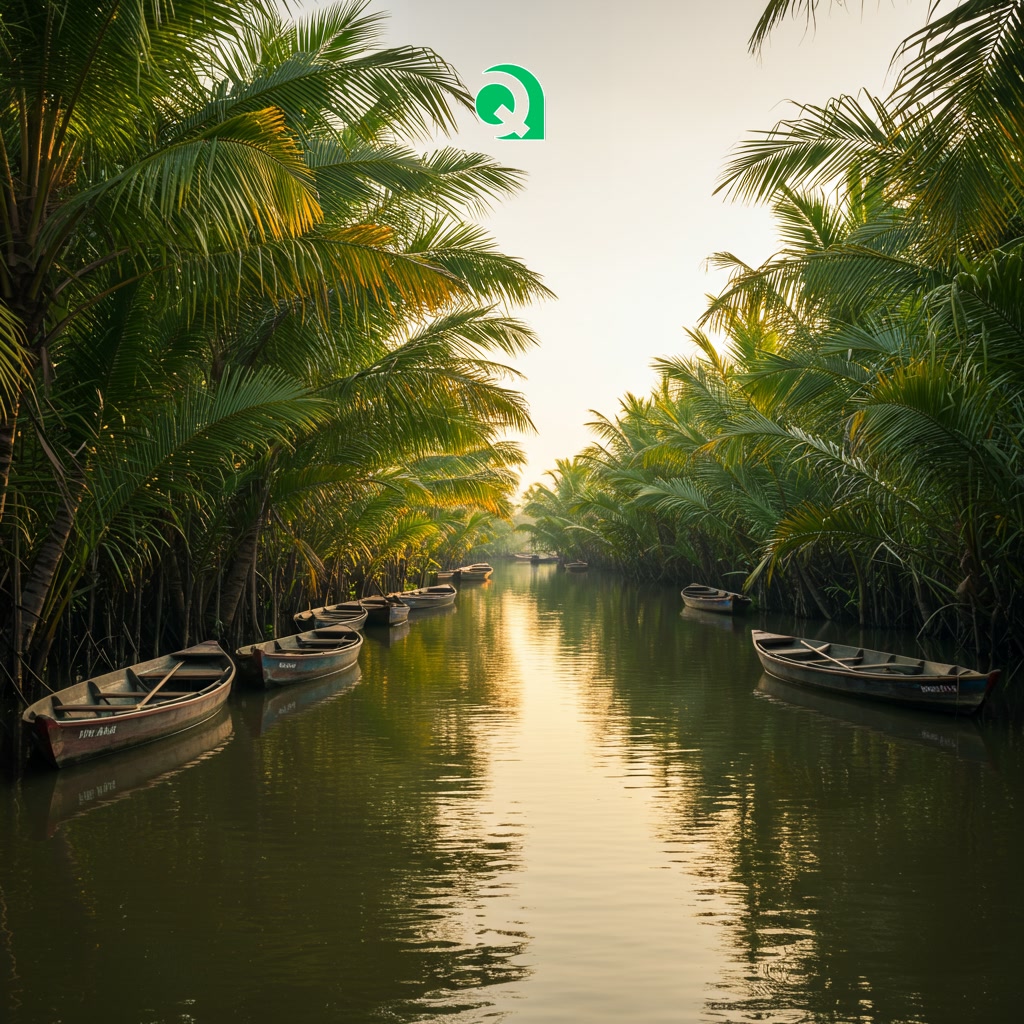
This guide provides essential information for travelers interested in experiencing the eco-tourism and river attractions of Ben Tre, Vietnam. It covers practical advice for navigating the waterways and enjoying local natural environments responsibly. The resource aims to help visitors plan a memorable journey exploring the unique landscapes and culture of this Mekong Delta region.
Section 1: Introduction to Ben Tre: The Land of Coconuts and Waterways
Ben Tre, located in the Mekong Delta region of southern Vietnam, is affectionately known as the “Land of Coconuts.” This identity stems from the extensive groves of coconut palms that cover the province, playing a crucial role in its economy and landscape. Beyond the iconic coconuts, Ben Tre is fundamentally shaped by its intricate network of waterways. Numerous rivers, canals, and smaller tributaries crisscross the land, making boat travel a primary and essential mode of transportation and exploration. These waterways are the lifeblood of the region, supporting agriculture, daily life, and offering unique opportunities for visitors to experience the natural environment and local culture. Understanding Ben Tre begins with appreciating this symbiotic relationship between the land, the coconut tree, and the ubiquitous presence of water.
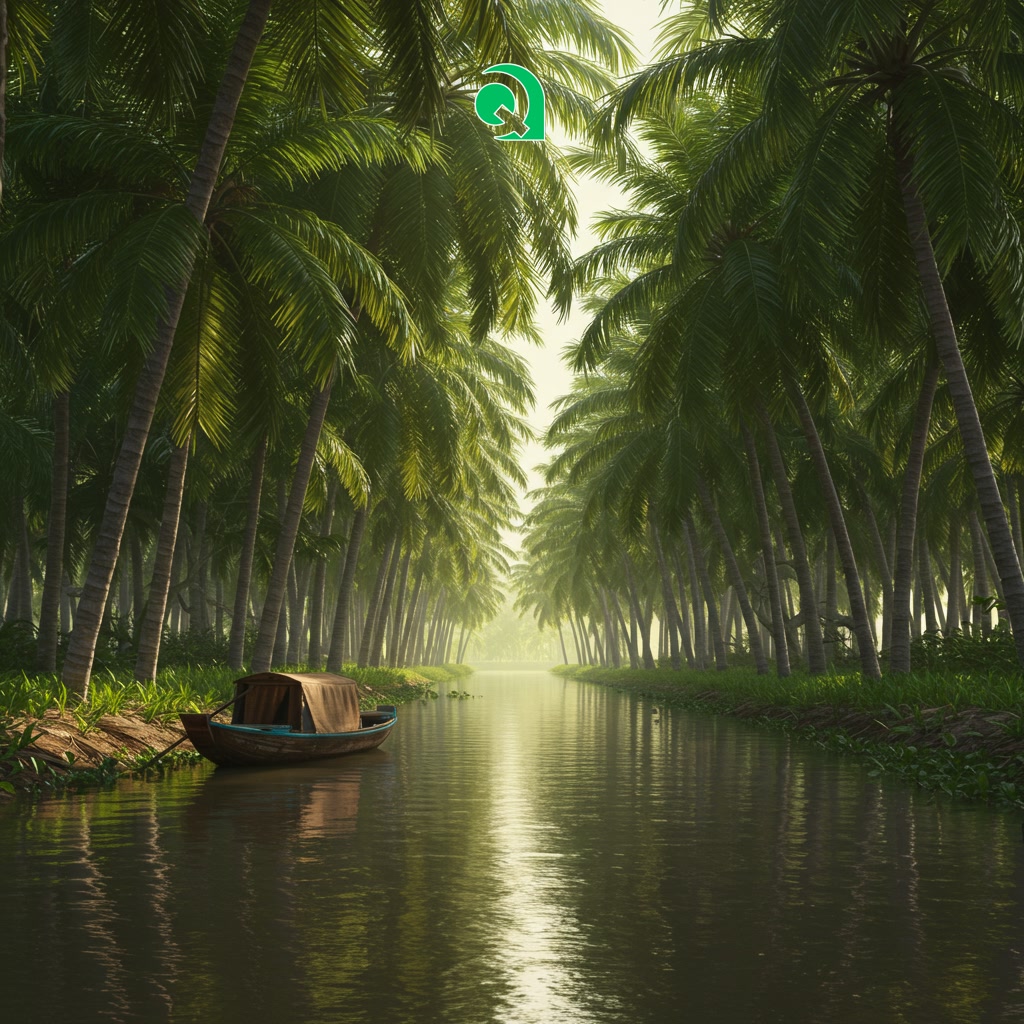
Introduction to Ben Tre: The Land of Coconuts and Waterways
Section 2: Planning Your Eco-Tourism River Trip to Ben Tre
Planning your eco-tourism river adventure in Ben Tre requires a few key considerations to ensure a fulfilling and responsible experience in the Land of Coconuts. First, decide on the duration of your trip, whether it’s a focused day excursion exploring specific waterways or a multi-day immersion staying at local homestays. Researching the best time to visit is crucial; the dry season (roughly December to April) generally offers more predictable weather for river travel. Think about how you’ll navigate the delta; traditional wooden boats, sampans, or even kayaking offer different perspectives. Pack light, breathable clothing suitable for a tropical climate, along with essentials like sunscreen, a hat, insect repellent, and comfortable walking shoes for any land excursions. Booking eco-friendly tours or guides who prioritize sustainable practices will enhance your journey while supporting local communities and preserving the natural environment.
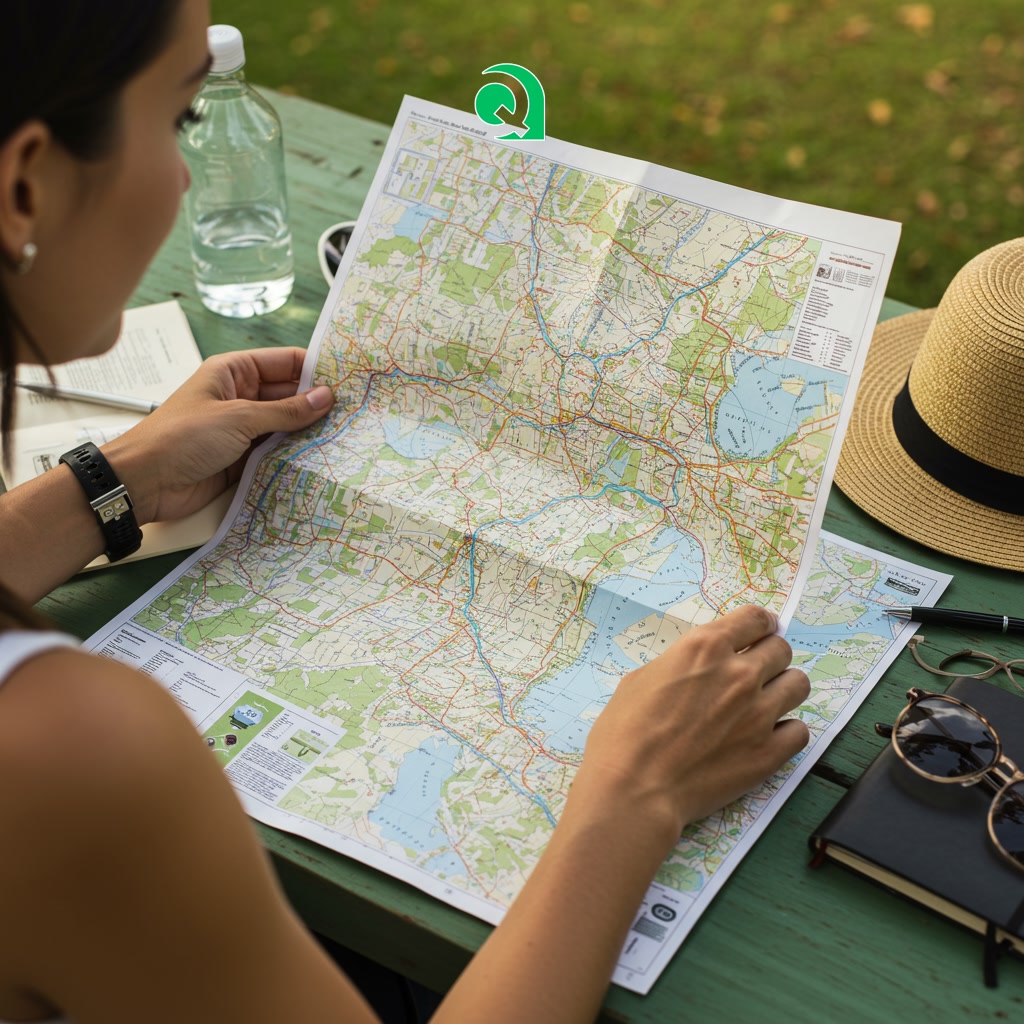
Planning Your Eco-Tourism River Trip to Ben Tre
Section 3: Must-Do Eco-Friendly Activities and River Experiences
Once your planning is complete, dive into the heart of Ben Tre’s eco-tourism with a range of must-do activities centered around its intricate river system. Essential river experiences include navigating the narrow canals (arroyos) by traditional sampan or smaller rowboat, offering an intimate perspective of local life along the banks. Consider cycling tours through coconut groves and villages, providing gentle exercise while allowing you to observe daily routines and lush landscapes up close. Visiting local workshops, such as those producing coconut candy, brick kilns, or weaving mats, offers insights into traditional crafts and supports local economies. Enjoying fresh tropical fruits directly from orchards and participating in simple cooking classes or homestays further enrich your connection with the environment and community, ensuring your visit is both memorable and respectful of the delta’s delicate ecosystem.
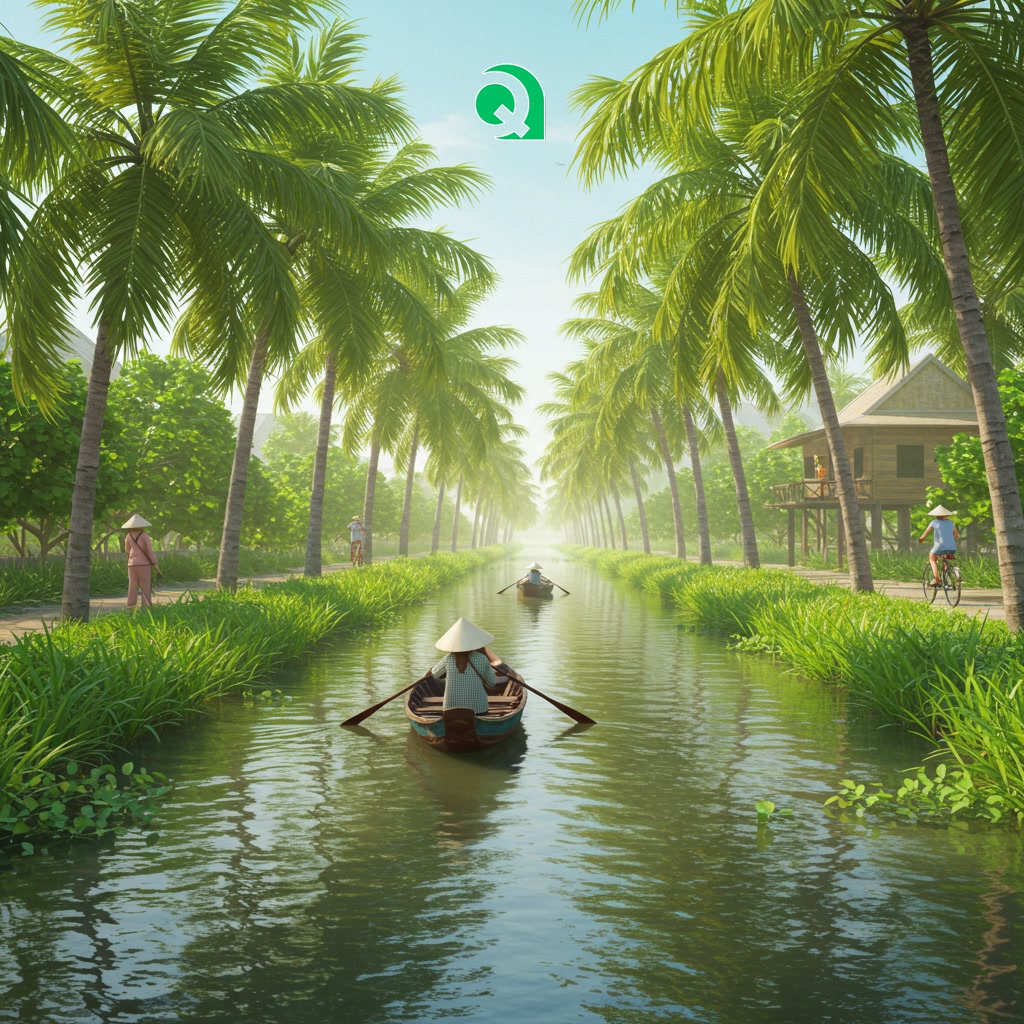
Must-Do Eco-Friendly Activities and River Experiences
Section 4: Responsible Accommodation and Dining Options
After a day exploring Ben Tre’s intricate waterways and engaging in eco-activities, selecting responsible accommodation and dining options is key to a sustainable trip. Seek out locally owned homestays or small guesthouses, often situated amidst coconut groves or along tranquil canals. These choices not only offer an authentic cultural immersion and a glimpse into local life but also directly support the community and typically have a lower environmental footprint compared to larger establishments. When dining, prioritize restaurants and eateries that emphasize fresh, seasonal, and locally sourced ingredients, showcasing the unique flavors of the Mekong Delta, such as fresh seafood, tropical fruits, and coconut-based dishes. Being mindful of waste, choosing places that minimize single-use plastics, and supporting businesses committed to sustainable practices further contributes to preserving Ben Tre’s natural beauty and cultural heritage for future visitors.
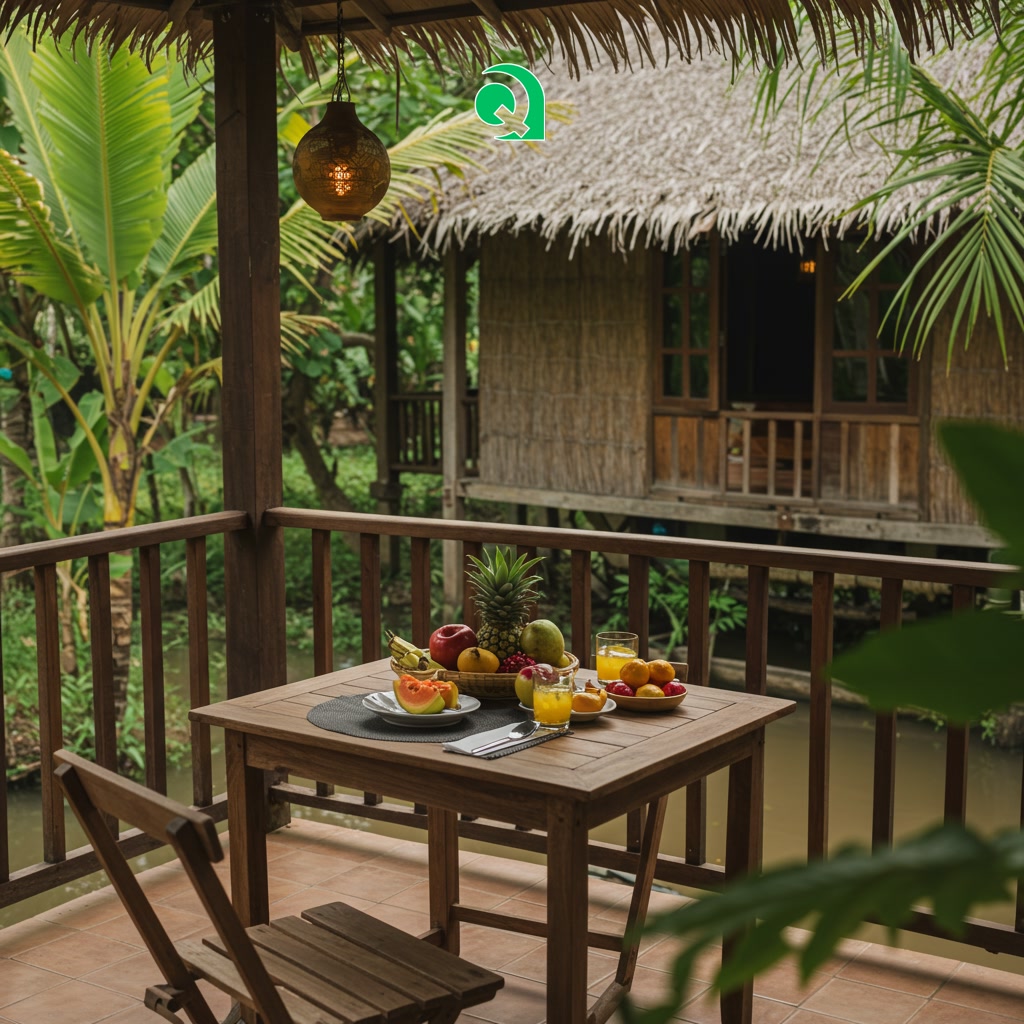
Responsible Accommodation and Dining Options
Section 5: Tips for Sustainable Travel in Ben Tre
Building on choosing responsible places to stay and eat, sustainable travel in Ben Tre also means being mindful of your impact on the environment and local communities during your activities. When exploring the waterways, opt for smaller, non-motorized boats when possible, or ensure motorized boats travel slowly near riverbanks to minimize disturbance to wildlife and reduce erosion. Dispose of all waste properly – ideally carry a reusable water bottle and bag to reduce plastic use. Support local artisans and businesses directly by purchasing souvenirs or goods from markets and workshops rather than large retailers. Respect local customs and traditions, asking permission before taking photos of people. By making conscious choices, you help preserve Ben Tre’s unique natural beauty and support the livelihoods of its residents for future visitors.

Tips for Sustainable Travel in Ben Tre

